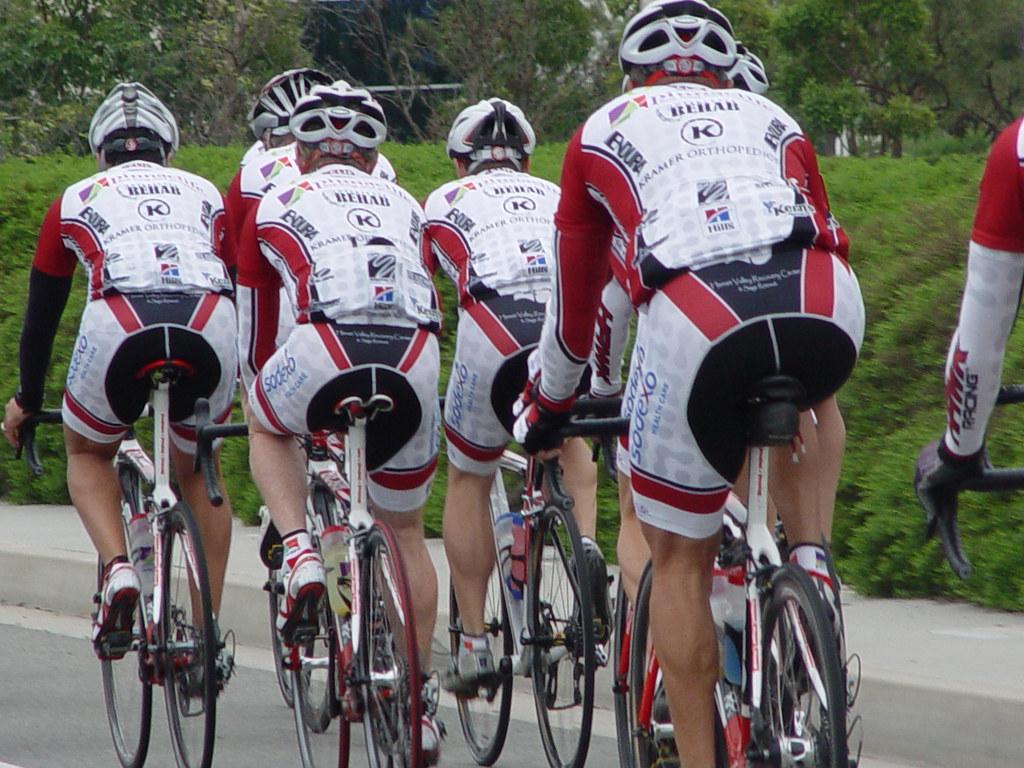In the world of sports, where milliseconds and millimeters can separate champions from contenders, every detail counts. From the type of sneakers worn to the mental preparation undertaken, athletes meticulously tailor their routines to gain an edge. Yet, one of the most critical components of their regimen often simmers beneath the surface—nutrition. Should athletes follow a different diet compared to the rest of us? This question opens a banquet of discussion, serving up diverse opinions and scientific insights. As we delve into this topic, we’ll explore the nutritional needs unique to athletes, examine the science behind specialized diets, and consider whether these culinary choices truly enhance performance or simply cater to trends. Join us as we unravel the complex tapestry of athletic nutrition, where every bite might just hold the key to victory.
Fueling Performance Understanding the Nutritional Needs of Athletes
For athletes, nutrition isn’t just about maintaining a balanced diet; it’s about strategically fueling their bodies to optimize performance, recovery, and overall health. Unlike the average individual, athletes demand higher energy intake due to their rigorous training regimes. Carbohydrates play a crucial role as they are the primary source of energy during intense workouts. A diet rich in complex carbs, such as whole grains, fruits, and vegetables, helps maintain glycogen stores, essential for endurance and stamina.
Moreover, the need for protein becomes paramount to aid muscle repair and growth. Incorporating lean meats, fish, legumes, and dairy ensures that the body gets adequate amino acids. Healthy fats shouldn’t be overlooked either; they are vital for long-lasting energy and hormonal balance. Essential fatty acids found in nuts, seeds, and oily fish can support joint health and reduce inflammation. To ensure athletes meet their nutritional needs, a well-rounded diet plan often includes:
- Hydration: Proper fluid intake to prevent dehydration and support metabolic functions.
- Micronutrients: Vitamins and minerals from a variety of foods to boost immunity and bone health.
- Meal Timing: Strategic eating schedules to maximize energy availability and recovery.
Thus, while the basic principles of healthy eating apply, athletes must tailor their diet to their specific sport, training intensity, and personal goals to truly excel.

Balancing Macronutrients Tailoring Diets for Optimal Athletic Performance
Crafting a diet that supports athletic performance involves a meticulous balance of macronutrients. Athletes require an optimized intake of carbohydrates, proteins, and fats to fuel their intense training regimens and facilitate recovery. Unlike the general population, athletes often need higher carbohydrate consumption to replenish glycogen stores, which are crucial for endurance and stamina. Meanwhile, protein is essential for muscle repair and growth, and the right amount of healthy fats can aid in hormone production and nutrient absorption.
- Carbohydrates: Vital for energy, especially in endurance sports.
- Proteins: Crucial for muscle recovery and building strength.
- Fats: Support long-lasting energy and hormonal balance.
Individual needs can vary significantly based on the type of sport, the athlete’s body composition goals, and their training intensity. Therefore, tailoring macronutrient ratios to match specific athletic demands can make a noticeable difference in performance and recovery. Monitoring and adjusting these ratios as training cycles change can provide athletes with the competitive edge they seek.

The Role of Supplements Enhancing Athletic Outcomes Through Nutrition
Supplements have carved out a significant niche in the realm of sports nutrition, offering athletes a way to bridge the gap between their dietary intake and the nutritional demands of intense training. While a balanced diet remains the cornerstone of athletic performance, certain supplements can provide targeted benefits that are difficult to achieve through food alone. Protein powders, for instance, support muscle repair and growth, while creatine is renowned for enhancing strength and power in short bursts of activity. Moreover, branched-chain amino acids (BCAAs) can help reduce muscle soreness and speed up recovery.
- Protein Powders: Aid in muscle repair and growth.
- Creatine: Boosts strength and power.
- BCAAs: Help in reducing muscle soreness.
- Omega-3 Fatty Acids: Support joint health and reduce inflammation.
- Vitamins and Minerals: Ensure optimal bodily functions and prevent deficiencies.
It’s essential, however, for athletes to approach supplementation with caution. Not all supplements are created equal, and quality varies significantly between brands. Consulting with a nutritionist or dietitian can ensure that supplements are used effectively and safely. Moreover, they should complement, not replace, a diet rich in whole foods, which provide a myriad of nutrients and benefits that supplements alone cannot replicate.

Practical Dietary Tips Crafting a Meal Plan for Peak Physical Fitness
Crafting a meal plan that aligns with peak physical fitness requires a focus on balanced nutrition, tailored to meet the energy demands of an athlete’s training regime. A well-rounded meal plan should prioritize macronutrients such as carbohydrates, proteins, and fats, while also ensuring a rich intake of vitamins and minerals. Here are some practical dietary tips to consider:
- Carbohydrates: Aim to incorporate complex carbohydrates like whole grains, fruits, and vegetables to sustain energy levels during prolonged physical activities.
- Proteins: Integrate lean proteins such as chicken, fish, tofu, and legumes to support muscle repair and growth.
- Fats: Include healthy fats from sources like avocados, nuts, and olive oil to aid in nutrient absorption and provide long-lasting energy.
- Hydration: Stay well-hydrated by drinking water consistently throughout the day and considering electrolyte-rich beverages during intense workouts.
- Timing: Optimize meal timing by eating a balanced meal 2-3 hours before exercise and refueling with a combination of proteins and carbohydrates within 30 minutes post-workout.
By adhering to these guidelines, athletes can create a meal plan that not only supports their physical endeavors but also enhances overall health and well-being.
The Conclusion
In the grand arena of human performance, where every fraction of a second and ounce of strength can spell the difference between victory and defeat, the question of whether athletes should follow a different diet remains a compelling narrative. We’ve traversed the landscapes of nutrition science, explored the personalized needs of diverse sports disciplines, and considered the evolving wisdom of dieticians and athletes alike.
Ultimately, the decision lies in the hands—and plates—of the athletes themselves. Each individual must weigh the scales of science, personal experience, and professional guidance to forge a path that fuels their unique journey. Whether it’s the protein-packed regimens of powerlifters or the carb-rich diets of endurance runners, the spectrum of athletic nutrition is as varied as the athletes it aims to nourish.
As we close this chapter, we invite you, dear reader, to ponder the intricate dance between diet and performance. Whether you’re a seasoned athlete or a curious observer, may you continue to explore the vibrant tapestry of nutrition with an open mind and a discerning palate. The world of sports is ever-evolving, and so too is the conversation around what fuels our greatest feats.


































